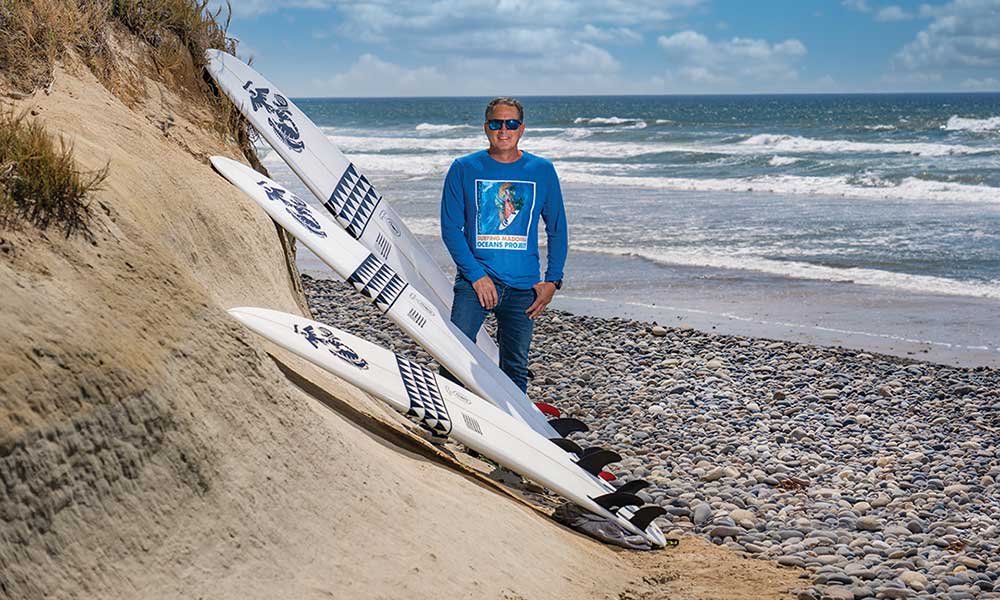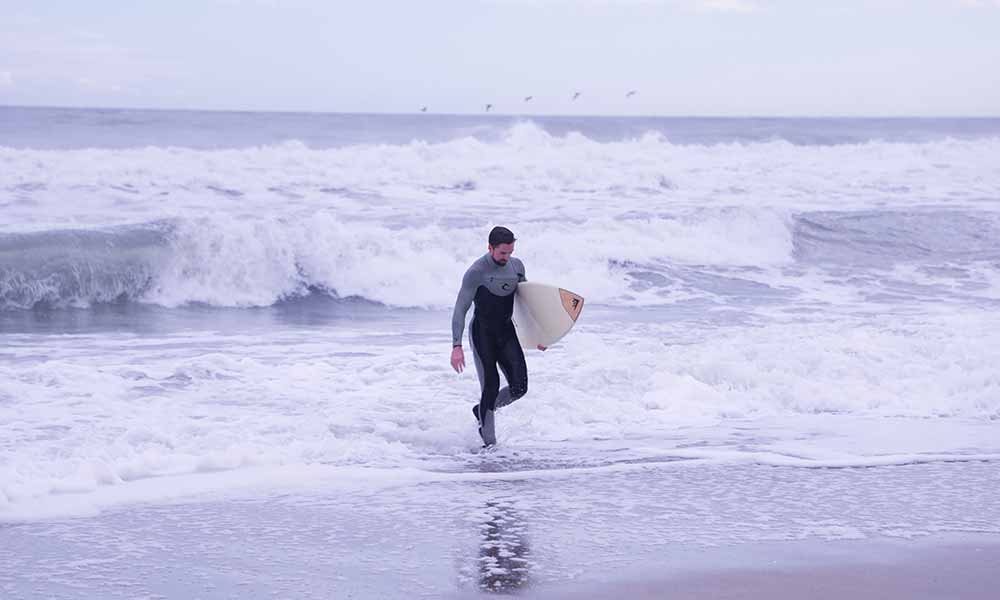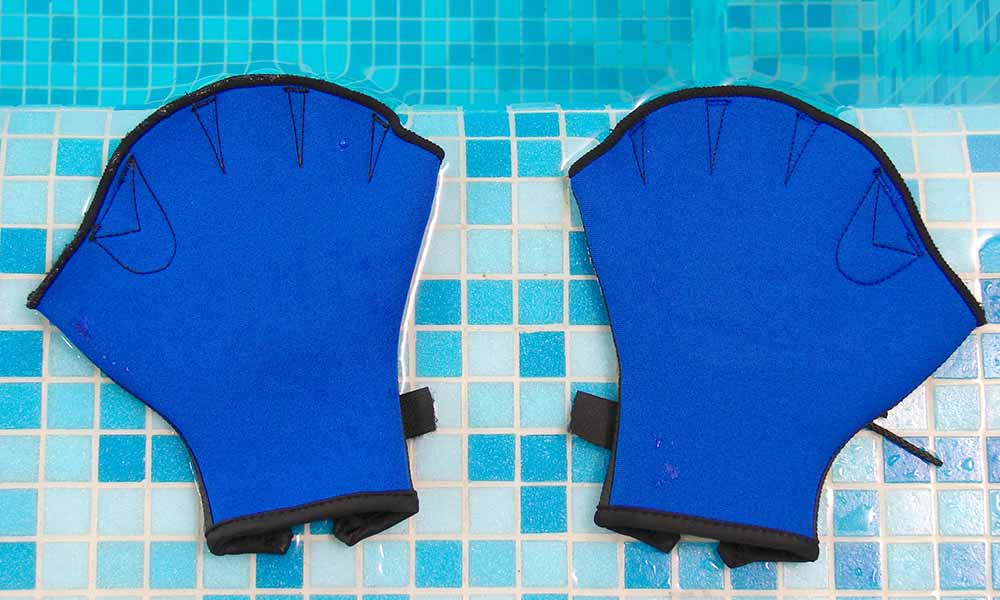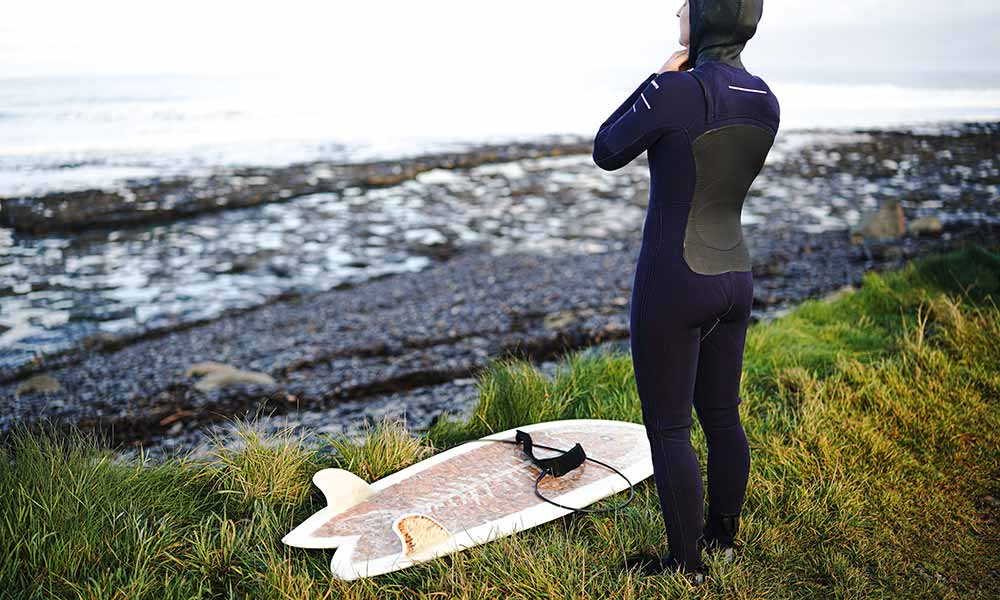Are you 50 years old and wondering if you are too old to learn to surf? Are you in your 60s and considering starting to surf for the first time?
That begs the question, is it ever too late to learn to surf and is there such a thing as being “too old” to learn to surf?
The short answer is “no”, it’s never too late to learn to surf. Keep reading for more guidance if you are older and want to start to give surfing a try.
Is it Ever Too Late to Go to Surf School?
The best surfers start when they are very young. By the time they reach their teens, they tend to be very comfortable on the water and can hold their own on a surfboard. During their teens, they learn the tricks of the trade and develop strong skills.
They have the time, commitment, and devotion needed to learn their craft and that’s what allows them to become professionals.
When you’re over the age of 50 or 60, you don’t have the benefit of time and you have lost the invincible feeling that comes with being a young and carefree teenager.
But that doesn’t mean it’s too late. There is no age limit on surfing, so it is never too late to start.
You can take surf lessons, absorb yourself in surf culture, and benefit from the stress relief and the joys that go hand-in-hand with learning to surf. As long as you keep your expectations realistic, there’s no reason why you can’t learn to surf and have a lot of fun over the age of 60.
Taking Surfing Lessons in your 50s, & 60s
The first step in learning to surf when you are older is to take surf lessons. It’s not like learning to speak a new language or play the piano, though.
You don’t need to book dozens of lessons and devote the next few years of your life to strict schedules and regular homework. A couple of lessons should suffice, as you just need to know the basics. Once you have taken those initial lessons, the rest is down to you.
If you want to progress faster consider getting private 1-on-1 lessons instead of taking group lessons.
Surfing at 50 & 60 years Old & older
Learning to surf over the age of 50 or 60 is similar to learning at any other age.
But if you want to stay safe and maximize the time that you spend on the waves, keep the following tips in mind:
Stay in Shape
You need to be in decent physical shape to surf, and if you’re a fully-fledged adult who has been working in offices, eating an unhealthy diet, and exercising infrequently, that might not be the case.
If you are out of shape you may want to start with building your core and your upper body by performing ab exercises (planks, sit ups, leg raises) and upper body exercises (push-ups, bench presses, military presses).
Cardio health is important as well so you don’t get winded when you are in the water.
Stay active, keep your fitness levels high, and if you’re not already a strong swimmer then start improving!
Get Comfortable on the Water
Many adults learning to surf for the first time are either trying to recapture their lost youth, having a mid-life crisis, have just seen their first surfing movie or are simply looking for another hobbie and a way to have more fun.
Maybe they are decent swimmers. Maybe they have some experience on a skateboard.
But they are rarely in the ocean and this can be a tricky transition to master. You need to be comfortable with the ocean, as you will be getting very familiar with it over the next few months.
Starting to surf in small waves will give you a comfort level with the ocean.
Get the Right Surfboard
When a child/teenager gets started with a hobby, they usually rely on their parents and will often get the most basic equipment that money can buy.
When an adult does it, they’ll throw all of their disposable income at their new hobby and will own half the surf shop before they even tackle their first wave. By all means, buy some high-quality surf equipment, but don’t go overboard.
You need a good wetsuit, a decent surfboard (preferably a longboard or a foamie surfboard), and a place to store the surfboard, but that’s it. You don’t need a high-performance surfboard and you definitely don’t need a custom surfboard at this stage in the game.
Surfing can be a relatively inexpensive sport if you play your cards right. A good longboard can last you for years and a wetsuit will last even longer.
But if you’re constantly upgrading when you’re not ready and being lured by glossy ads and chatty salesmen, it will get very expensive very quickly.
Don’t Fear Failure (Or The Wipe Out)
Beginners will wipe out. Read: You will wipe out!
Beginners struggle to maintain their balance and most of their time will be spent in a prone position or scrambling to find their surfboard.
That’s perfectly normal. It’s how everyone learns.
Practice makes perfect, but if you’re too focused on vanity, you could miss some vital lessons. Don’t run before you can walk; don’t stand before you can lie.
The only way to flatten the learning curve, increase your skill level, and become the laidback, YouTube-worthy surfer you want to be is to practice, practice, and practice!
Get in water as much as you can and as consistently as you can. Remember, you are building a new skill and consistency counts a lot here.
Remember That You’re Not Alone
It’s often said that surfing is a young man’s sport, but while that might be true for the superstars who break world records and win gold medals, it’s not true for the average surfer.
After all, the best surfers don’t reach 50 and then suddenly give up.
There is also a huge number of older adults and retired people who have always dreamed of surfing but have never had the time, money, or confidence. You will encounter all ages on the beach and in the surf, and the beauty of the surfing community is that everyone is embraced with open arms.
Summary: Why it’s Never Too Late to Start Surfing
It’s never too late to learn to surf.
There may be limitations and you may face more challenges as an older adult than you would have done as a teenager, but it’s definitely not out of the question.
So, stop worrying about your age and give surfing a try.
Resources
If you are looking for more information for surfing as you get older or other tips for living well as you age visit Aging Greatly.







